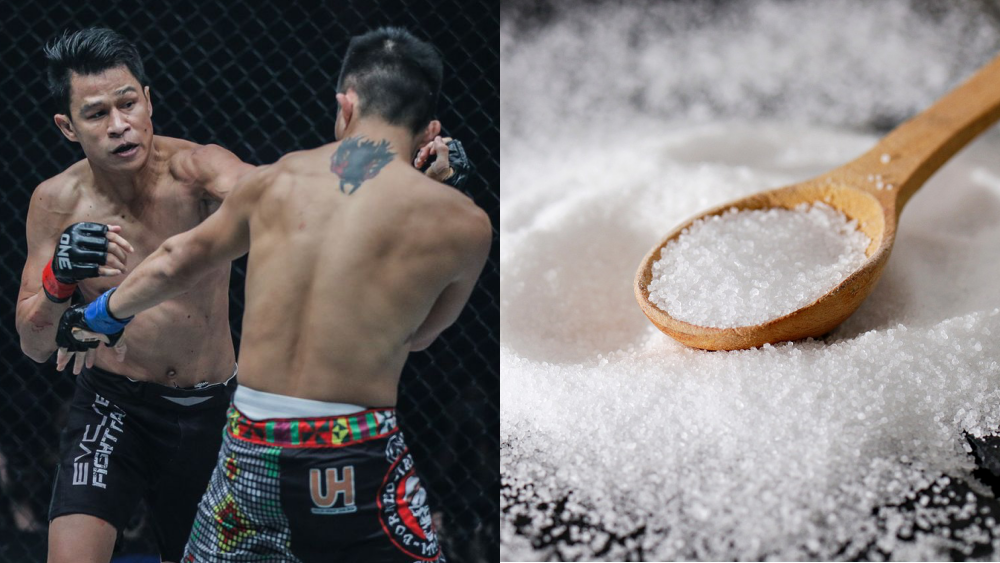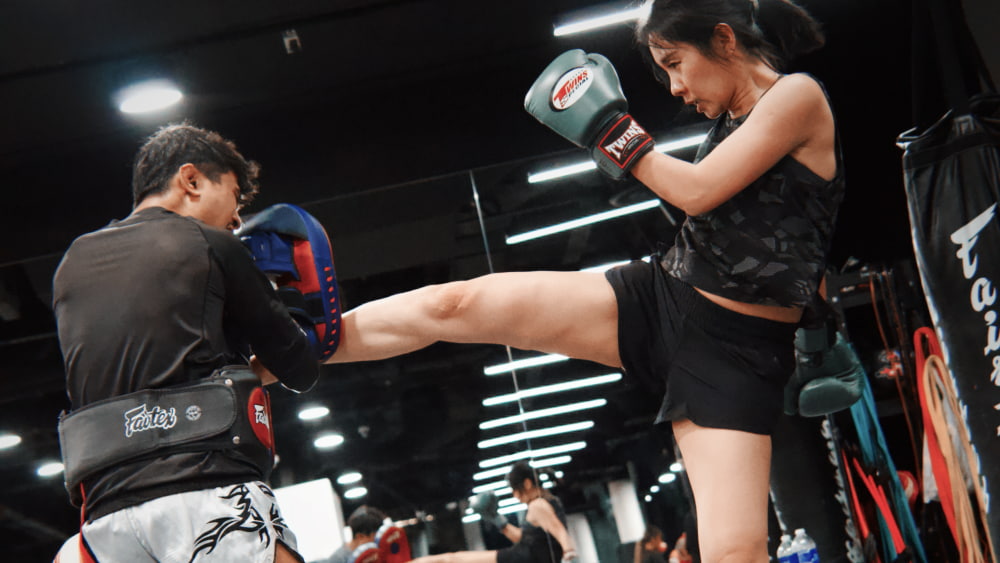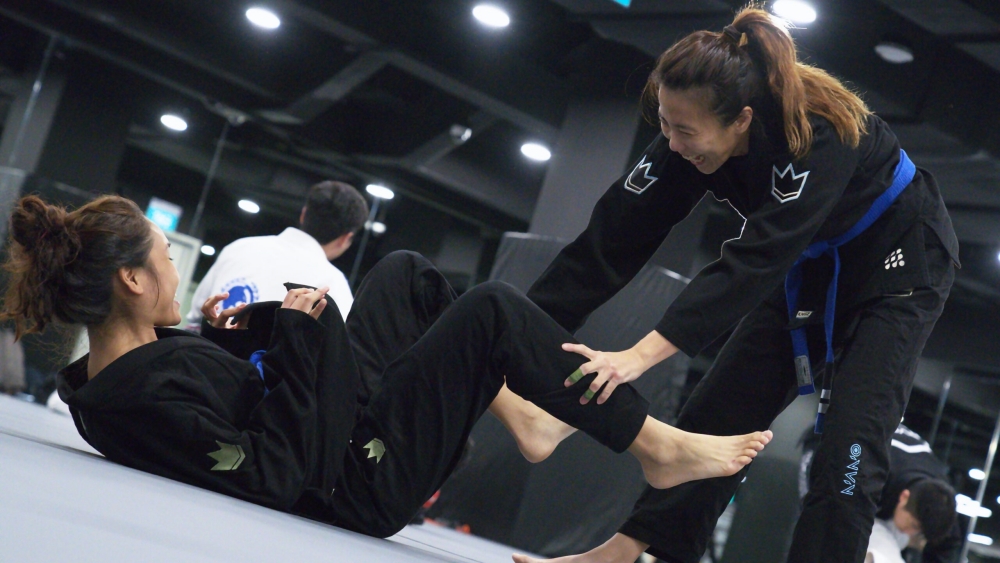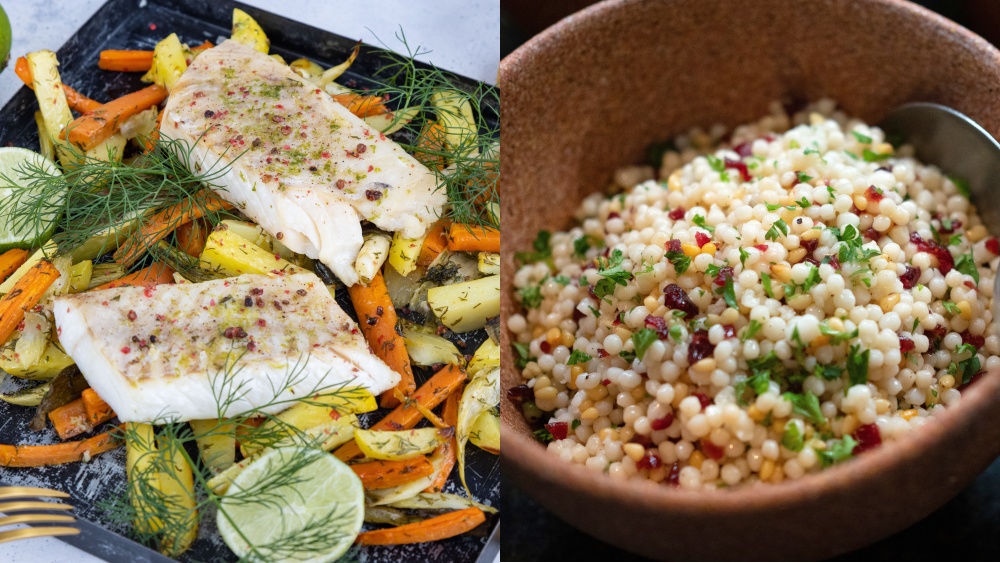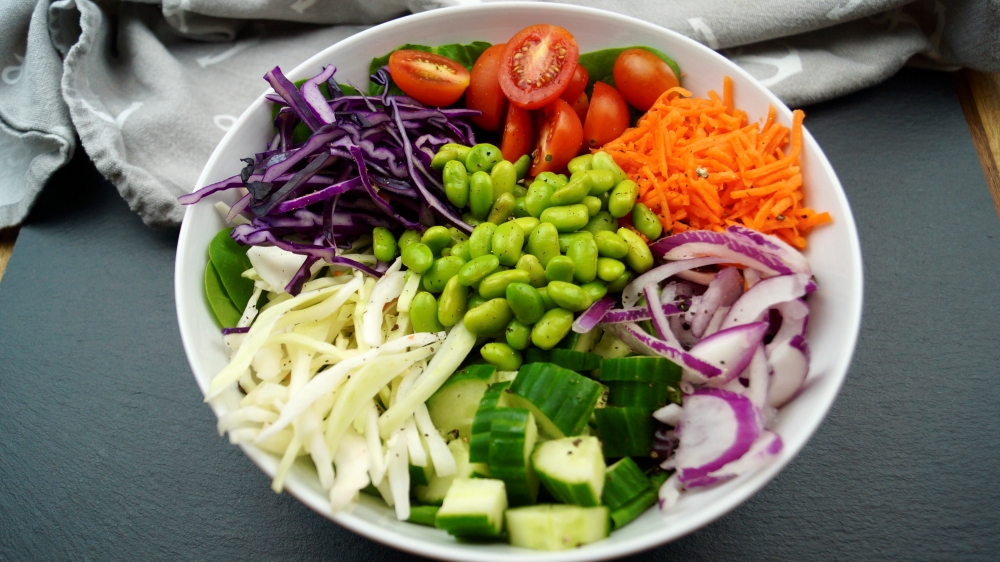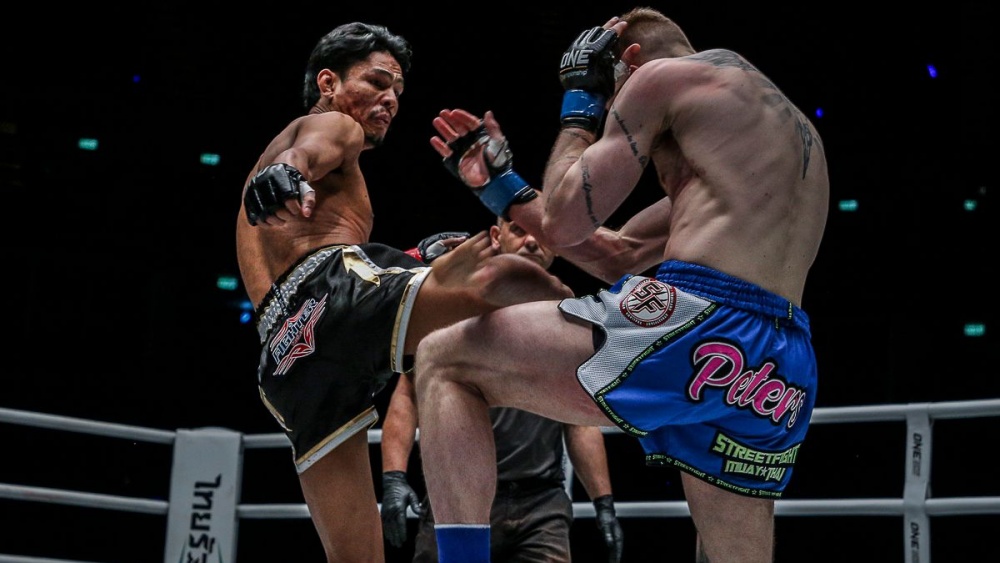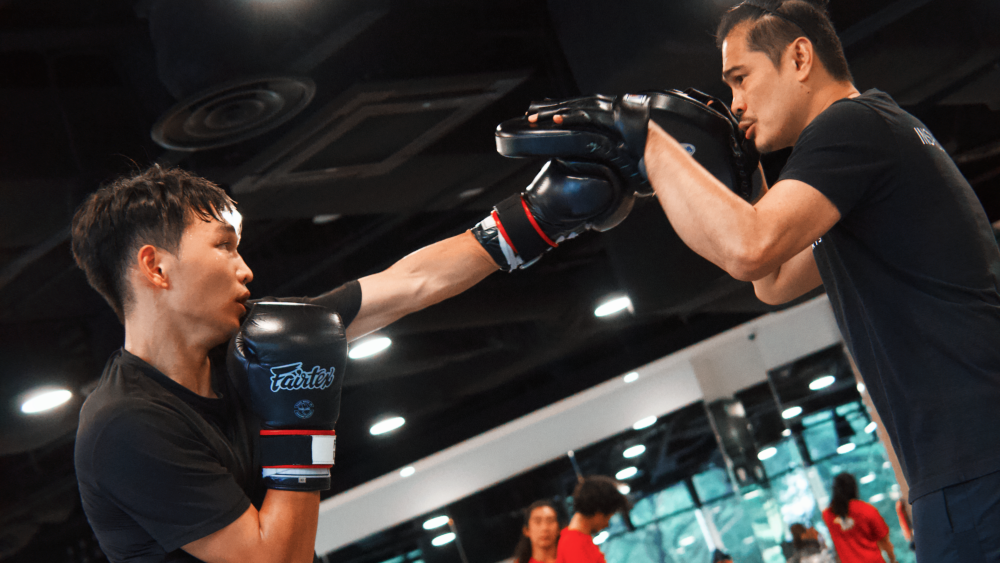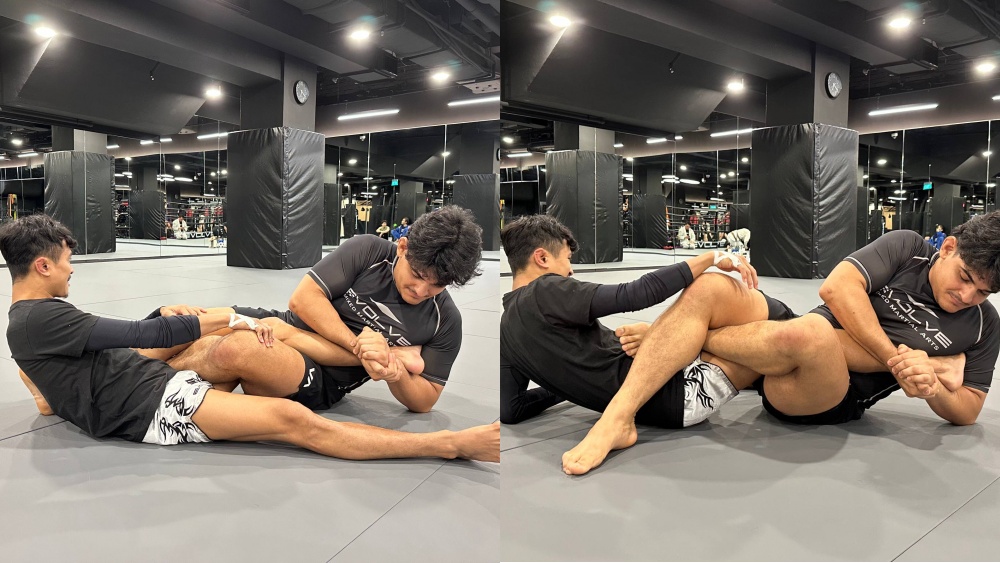In the heart of Singapore, where the culinary scene is as diverse as its population, the challenge of maintaining a healthy diet amidst a plethora of flavor-rich foods is real. The Lion City’s health data reflects a growing concern with non-communicable diseases, particularly diabetes.
In the realm of martial arts, where physical conditioning and dietary discipline intersect, the stakes are high. Martial artists in Singapore, like their global counterparts, are increasingly aware of how diet affects performance, recovery, and overall health. This brings us to the core of our discussion: the pivotal role of a low-sodium diet in the regimen of a martial artist.
According to the Ministry of Health, diabetes affects about 8.6% of the adult population, underscoring a crucial health challenge facing Singaporeans today. Coupled with this is the issue of high salt intake, which significantly exceeds the World Health Organization’s recommendation, contributing not just to hypertension but also complicating the management of diabetes and other cardiovascular conditions.
Previously we had The Salt Saga 1, which talked about obesity and how Muay Thai can help combat it. Followed by The Salt Saga 2, which showed studies about low blood pressure and salt intake. So today, Evolve Daily will cap off the trilogy with The Salt Saga 3: Implementing a low-sodium diet for martial artists, read on to find out what you can do to protect your health.
Weight Management: High Salt & Obesity
High salt intake is a well-documented cause of water retention, leading to temporary weight gain. This is particularly concerning for martial artists who need to maintain optimal weight for peak performance. In contrast, obesity—long-term excessive weight gain from fat accumulation—poses a more severe challenge. It not only affects physical agility but is also a precursor to numerous health conditions.
Physical activity is a cornerstone of weight management. Regular training sessions help martial artists burn calories. When combined with a balanced diet, this activity supports weight loss, improving health outcomes and mitigating the risks associated with excessive weight.
Appetite Regulation: Balancing The Scales
Obesity can lead to hormonal imbalances, disrupting the normal regulation of appetite and often resulting in overeating. Conversely, physical activity helps regulate appetite hormones, such as ghrelin and leptin, balancing the signals of hunger and satiety. Aerobic exercises, in particular, have been shown to suppress ghrelin levels, thereby reducing hunger.
Simple Ingredient Swaps
Making simple swaps or adjustments in ingredients can effectively reduce the sodium content in meals without compromising on flavor. Here are some practical suggestions for common dishes, offering lower salt alternatives:
1) Fresh And Healthier Alternatives
- Replace Soy Sauce With Low-Sodium Soy Sauce Or Tamari: Tamari is an alternative to soy sauce that you can also dilute with water to further reduce the sodium content.
- Use Fresh Garlic And Ginger Instead Of Garlic Salt Or Ginger Powder: Rather than buying processed herbs, why not give fresh herbs and spices and spices a go? Fresh ingredients provide more flavor without the extra sodium.
2) Salads
- Make Your Own Dressing: Why not do-it-yourself with olive oil, vinegar (like apple cider or balsamic), lemon juice, and herbs? You get to experiment with different choices of dressing instead of grabbing what’s in store, which are often high in sodium.
- Rinse Canned Beans And Vegetables: If you’re using canned products, remember to choose the ones with no-salt-added versions and rinse them thoroughly under water to remove any excess sodium!
3) Soups
- Use Low-Sodium Broth Or Make Your Own: Store-bought broths are high in sodium. Opting for low-sodium versions or making your own allows you to control the salt content.
- Boost Flavor With Herbs And Spices: Instead of reaching for the salt shaker, enhance your soups with a variety of herbs and spices like bay leaves, thyme, basil, or cumin for a rich flavor.
4) Sandwiches And Wraps
- Choose Fresh Or Roasted Meats Over Processed Deli Meats: Processed meats are typically high in sodium. Cooking and slicing your meat can significantly reduce the sodium content.
- Opt For Avocado Spread Instead Of Mayo Or Mustard: Avocado is a creamy, flavorful spread that’s naturally low in sodium, unlike many condiments.
5) Baked Goods
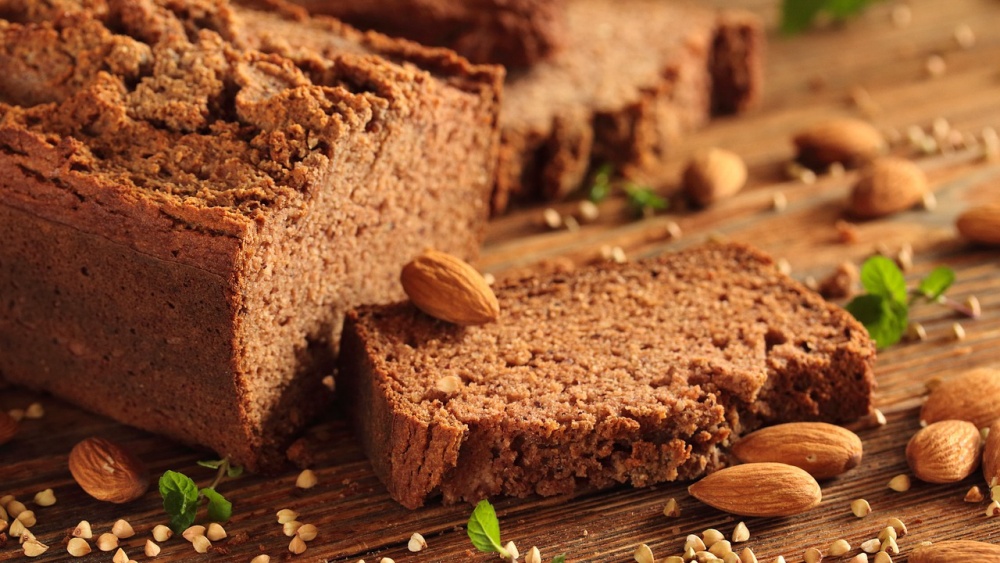
- Reduce Salt In Recipes By Half: Many baked goods recipes can tolerate a reduction in salt without affecting the final product significantly.
- Use Sodium-Free Baking Powder: If your recipe calls for baking powder, look for sodium-free options to cut down on salt.
6) Snacks
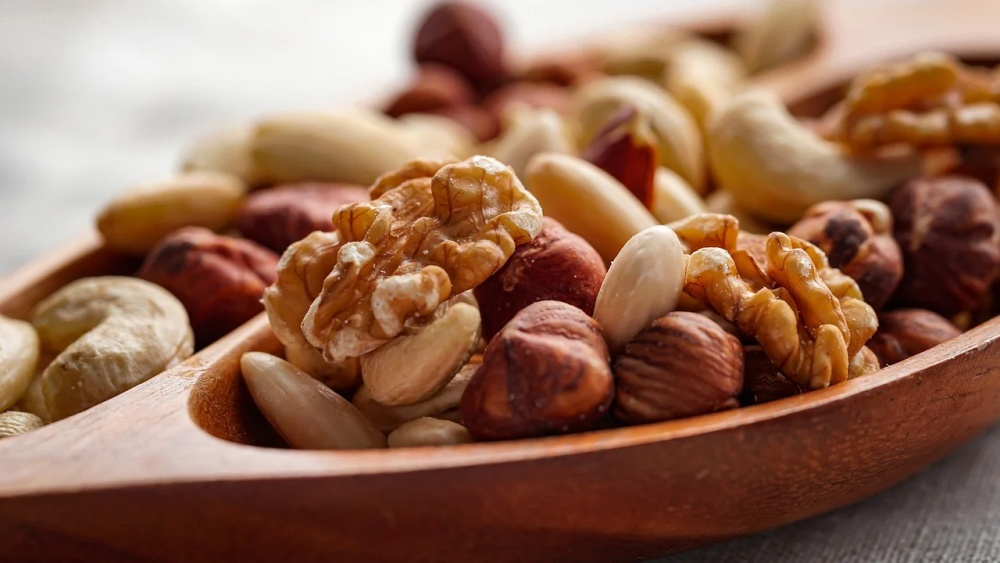
- Air-Popped Popcorn Over Pre-Packaged: Make your own popcorn with an air popper and flavor it with a sprinkle of nutritional yeast or a dash of your favorite salt-free seasoning blend instead of pre-packaged varieties that are often high in sodium.
- Raw Nuts Instead Of Roasted And Salted Varieties: Opt for raw or dry-roasted nuts without added salt for a heart-healthy snack.
By incorporating these simple swaps and adjustments into your cooking routine, you can significantly lower the sodium content in your diet while still enjoying delicious and nutritious meals. Remember, the key to a successful low-sodium diet is creativity and a willingness to explore new flavors and ingredients.
How To Balance And Maintain A Balanced Salt Intake
- Balanced Nutritional Plans: A diet abundant in fresh fruits, vegetables, and lean proteins, minimizing processed foods high in sodium, is key.
- Hydration Strategies: Maintaining adequate hydration with electrolyte-balanced fluids supports training needs without the unnecessary addition of sodium.
- Consulting Nutrition Experts: Collaboration with sports nutritionists is invaluable in crafting personalized diet plans that address individual training regimes and weight management goals effectively.
- Weight Management: Reducing salt intake is crucial in managing water retention, a common obstacle in achieving weight management goals.
- Improved Cardiovascular Health: Having a balanced salt intake aids in maintaining healthier blood pressure levels, crucial for cardiovascular efficiency—vital for rigorous training and competitive fights.
- Enhanced Muscle Function And Recovery: Optimal muscle function is supported by a balanced salt intake, free from the risks of bloating or water retention. In contrast, adequate salt balance is essential for quicker recovery post-training or competition, preventing excessive dehydration.
Conclusion
Singapore’s health scene, with its high diabetes rates and prevalent overconsumption of salt, underscores the importance of dietary vigilance. For martial artists, the implementation of a low-sodium diet is not just about enhancing performance; it’s about embracing a lifestyle that prioritizes health, vitality, and longevity. By adopting a balanced nutritional plan, focusing on hydration, and seeking expert guidance, martial artists can navigate the challenges of dietary management, setting a benchmark for health-conscious living in Singapore’s dynamic culinary landscape.
In embracing these strategies, we pave the way for not just better athletes, but healthier individuals, capable of reaching their full potential both in and out of the gym.
Pair Your Diet With Martial Arts Today!
If you are interested in trying martial arts and knowing more about having a balanced diet, why not give our complimentary free trial classes a go! With our World Champions, both former and current, our instructors are always at the forefront of the latest diets and nutrition required for a budding martial artist!
Book your complimentary trial class with our World Champions below!
If you have any other questions regarding Evolve MMA and the programs we offer, you can get in touch with our membership executives at the following locations:
Evolve MMA (Far East Square)
26 China Street
Far East Square #01-01
Singapore 049568
Phone: (65) 6536 4525
Evolve MMA (Orchard Central)
181 Orchard Road
#06-01 Orchard Central
Singapore 238896
Phone: (65) 6536 4556
Evolve MMA (KINEX)
11 Tanjong Katong Road
#02-52 KINEX
Singapore 437157
Phone: (65) 6288 2293
Evolve MMA (Clarke Quay Central)
6 Eu Tong Sen Street
#04-18 Clarke Quay Central
Singapore 059817
Phone: (65) 6226 2150
Evolve MMA (Star Vista)
1 Vista Exchange Green
#02-26A The Star Vista
Singapore 138617
Phone: (65) 6539 9590
